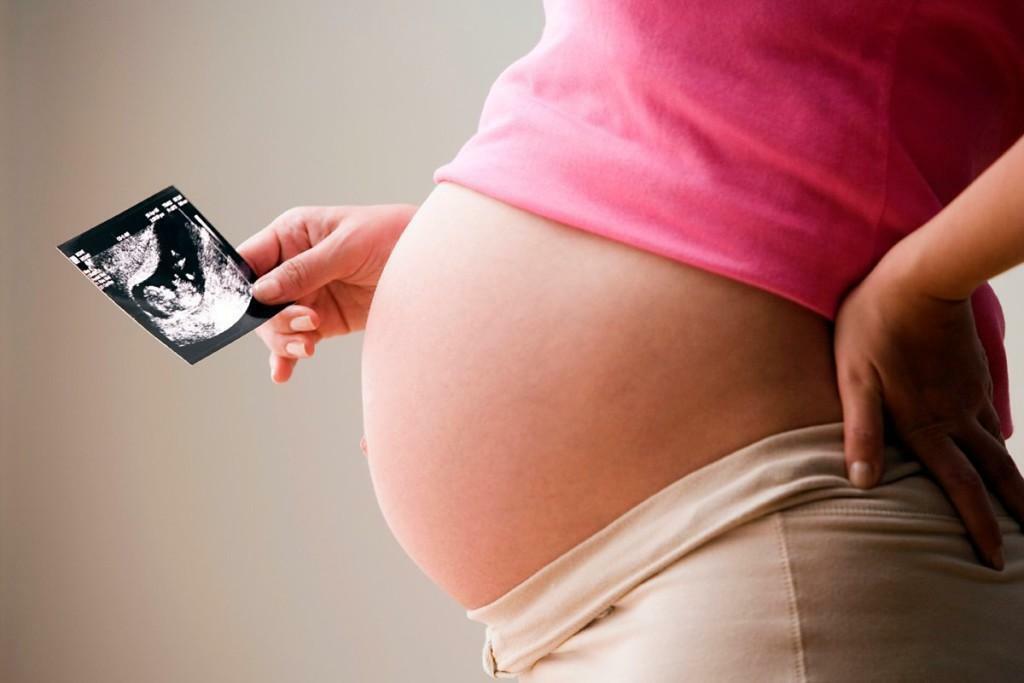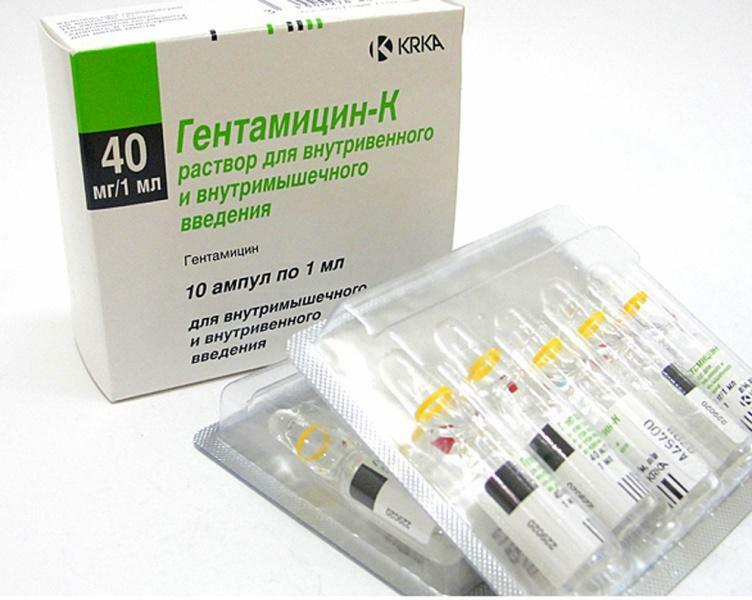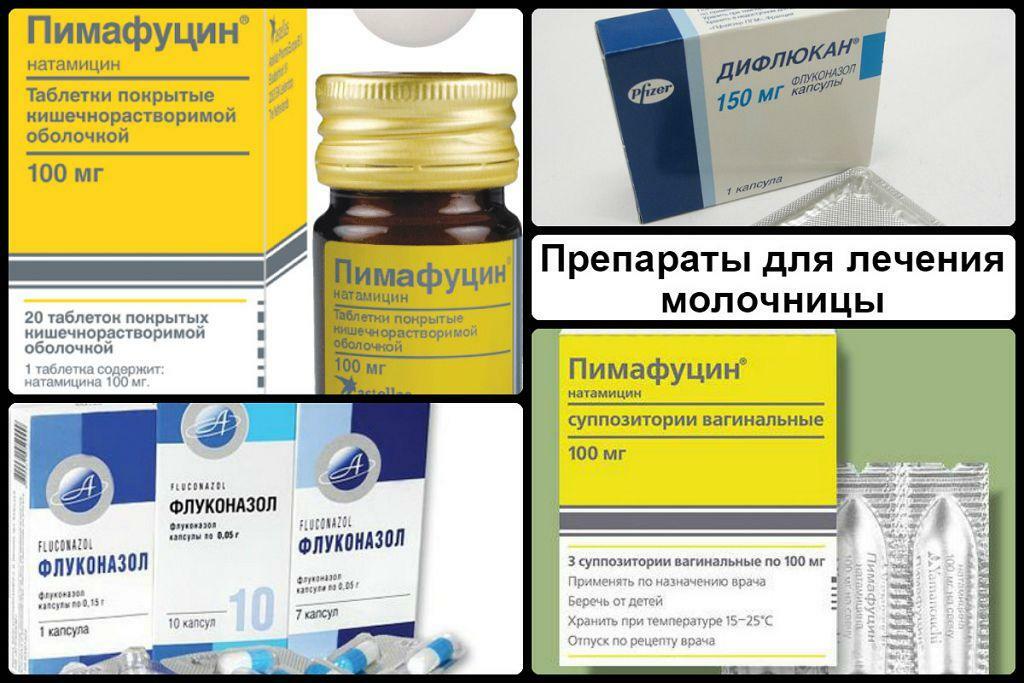The author - Chuklin Olga, general practitioner, internist. Work experience since 2003.
Measles is an infectious disease vysokozaraznym. If a person is ill with measles, he has formed a strong immunity.
Causes
Measles is caused by an RNA virus. The source of infection is a sick man. Most contagious patient in the early days of the disease.
Measles is transmitted by airborne droplets. Getting on the mucous membranes of the respiratory tracts, the virus spreads through the bloodstream in the organism.
Vaccination against measles adults
Since adults the disease is more severe and high risk of complications, it is imperative to vaccinate.
National immunization schedule provides for mandatory vaccination of adults up to 35 years, as well as those working with children, regardless of age.
Vaccination provides the formation of the human immune system, which guarantees protection against measles for about 20 years.
To be vaccinated can be in both the public and commercial clinic. At this point it can be grafted in one-, two- or three-component vaccines (measles, mumps, measles, measles-mumps-rubella). The expediency of each of these grafts is determined individually by the physician.
Vaccination is carried out twice with an interval of 3 months.
Complications after vaccination
The most common complications of measles vaccination in adults are:
- temperature rise for 5-15 hours (sometimes up to 40 degrees), which holds up to four days. It can shoot down antipyretics, such as paracetamol.
- in addition to the temperature can be confusing for rhinitis, cough, mild rash.
Because the vaccine contains fragments of antibiotics and egg proteins, can develop an allergic reaction (provided that there is an allergy to these components earlier).
It is also possible exacerbation of chronic diseases.
Severe complications are rare.
And domestic and foreign vaccine transferred equally.
measles symptoms
In the course of the disease distinguish four periods:
- incubation;
- catarrhal;
- during the eruption;
- convalescence.
Typical for measles
The incubation period for any clinical manifestations are not present. In most cases it takes 7 to 14 days, rarely can be up to 21 days.
Clinical signs of measles occur during the catarrhal symptoms. For catarrhal period is characterized by the following symptoms:
- general weakness, body aches;
- headache;
- increase in body temperature of 38 to 40 degrees;
- coryza with copious mucous discharge character;
- Viral conjunctivitis (inflammation of the mucous membranes of the eyes);
- a painful dry cough;
- increase in cervical lymph nodes;
- pain in the throat when swallowing;
- On the second day the cheeks characteristic whitish appearance with red spots rim - stains Belsky-Filatov-Koplik.

Catarrhal manifestations period lasts up to 5 days, at the end of this period the patient's condition improves, intoxication symptoms are reduced.
But about a day in the patient's body temperature rises again and deteriorating health. The period of eruption.

Photo: site of the Department of dermatology Tomsk Military Medical Institute
For a period of rash characteristic rash, hives - maculopapular, rash lesions tend to merge.
In early lesions appear on the head, neck and upper chest.
Later, the rash spreads to the whole body, of course.
Rash on the body of the patient is held for three days, then the elements of pale scars.
When the rash on his pale body begins a period of patient recovery. On-site elements of the rash appearing areas of skin pigmentation. The body temperature normalized.
Such a situation is typical for a typical course of measles, sometimes there is an atypical course.


atypical measles
By atypical forms of measles include the following:
- mitigirovannaya;
- hypertoxic;
- hemorrhagic.
When the shape of the patient mitigirovannoy
- there is a slight catarrhal phenomena;
- subfebrile temperature rises to level (38 degrees);
- rash single elements and pale.
This form of measles can occur when administered to a patient gamma globulin in patients with weak immune measles.
For hypertoxic characteristic form
- presence of high numbers of body temperature (febrile)
- severe intoxication,
- manifestations of acute circulatory failure (shortness of breath, cyanosis of nasolabial triangle and fingertips)
- manifestations of meningoencephalitis (severe headache, motor disorders, sensory disturbances).
For hemorrhagic form is characterized by general intoxication and the appearance of multiple hemorrhages in the skin, mucous membranes, blood in the urine, feces. This form is characterized by very severe and often leads to death of the patient.
Diagnostics
Diagnosis is primarily based on:
- careful history of the patient,
- characteristic rash and spread it over the body (the beginning of the process with the head)
- period duration of lesions (usually 3 days).
The following laboratory tests are conducted to confirm the diagnosis:
In the early stages of the disease can take the blood from the vein and identify immunoglobulin M (IgM, early antibodies) to the virus of measles. Detection of this type of antibodies indicates the initial stage of infection of measles virus. The body has already begun to deal with the disease.
When there is an increase measles infection titer IgM (antibodies) to the virus of measles in four or more times. Blood test when clinical signs and in 2-3 weeks, it is a reliable criterion of measles infection.
Late antibodies to measles virus (the immunoglobulin G, IgG) Is not necessary to determine in the diagnosis, as they are formed and after vaccination and after the disease. Generation G-immunoglobulins occurs 1-2 months after undergoing a measles infection. If a person never vaccinated against measles, their appearance suggests that he once suffered measles. The presence of IgG protects a person from re-infection.
measles treatment
If signs of disease should consult a doctor, therapist, dermatologist or infectious diseases.
If the patient has no signs of measles complications, the patient is treated on an outpatient basis. Hospitalization to individuals with complicated measles, if you can not isolate the patient (living in a dormitory, military units).
Patients hospitalized in the infectious ward.
No specific treatment for measles.
Measles gammaglobulin applies only during a contact and no vaccination in the incubation period.
measles treatment is only symptomatic.
In the presence of the patient's body temperature more than 38.5 degrees are assigned antipyretic drugs:
- paracetamol;
- ibuprofen;
- ibuklin.
Appointed by the antiviral drugs:
- tsikloferon;
- Kagocel;
- Ingavirin.
At a cold appointed decongestants:
- rinonorm;
- vibration;
- tizin.
To relieve inflammation in the oropharynx is used:
- miramistin;
- ingalipt;
- rinse chamomile, sage, calendula.
Antibiotic therapy is only indicated for the development of bacterial complications (for example, pneumonia, otitis). Antibiotics for measles are appointed only after the detection of the pathogen, and in view of its sensitivity to these antibiotics.
Consequences and complications
In most cases the disease is favorable recovery without adverse effects. However, adult measles carries much heavier than children, and this increases the risk of complications.
The possible consequences of measles, transferred into adulthood:
- Bacterial complications (bronchitis, pneumonia, otitis);
- hearing loss;
- corneal ulcers, keratitis;
- loss of intra-lymph node (manifested by pain in the abdomen);
- encephalomyelitis, is the cause of death of patients;
- thrombocytopenic purpura (presence of bleeding in the oral cavity, the intestine, the urinary tract);
- rarely - ascending and transverse myelitis.
To prevent the development of complications need to be sure to get vaccinated. Because even if a person is sick, the disease will proceed in an easy manner and without complications.
When put children vaccinated against measles
- Vaccination with a live vaccine (perhaps as part of the combined drugs) to healthy children 12 months of age. Revaccination is shown to children before entering them into the school. During the first three days after exposure vaccination was used as emergency prophylaxis (preferably for the first 72 hours after exposure). In individuals to introduce a live vaccine (for 4-5 days after injection) is possible the development of symptoms, resembles a worn variant of the disease (these children are not dangerous to others).
- Alternative prophylaxis after contact with a patient (first 5 days) - normal immunoglobulin Human (0.25 ml / kg, not more than 15 ml) for children up to 1 year, immunodeficient patients and pregnant women.
- Children from organized groups uncouple for 17 days, when administered immunoglobulin - on the 21st day after the first isolation of the sick.
- Quarantine does not apply to the vaccinated who recover from measles previously and adults.
Administration of the vaccine to persons previously suffered armature, not shown (due to the development of resistant postinfection immunity).



